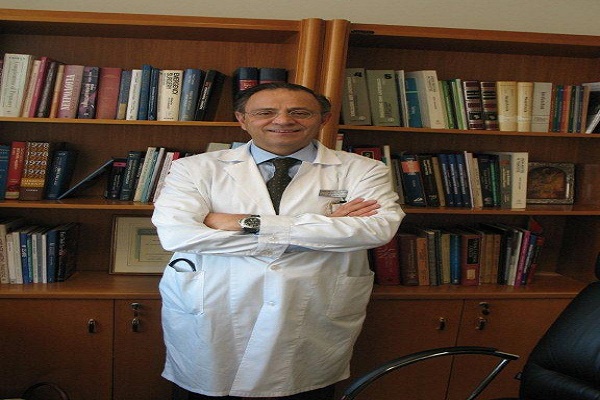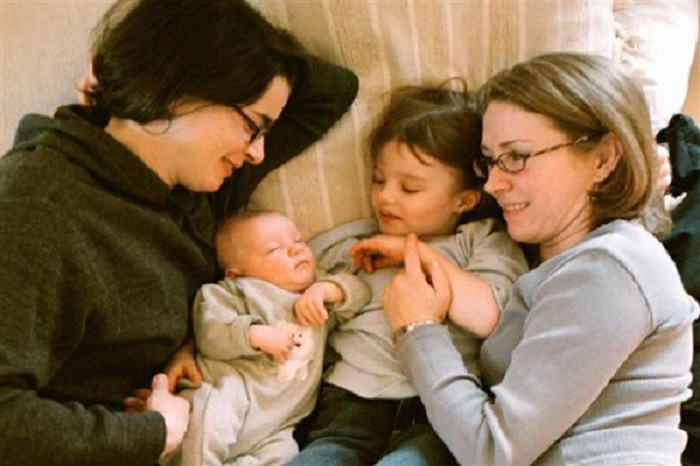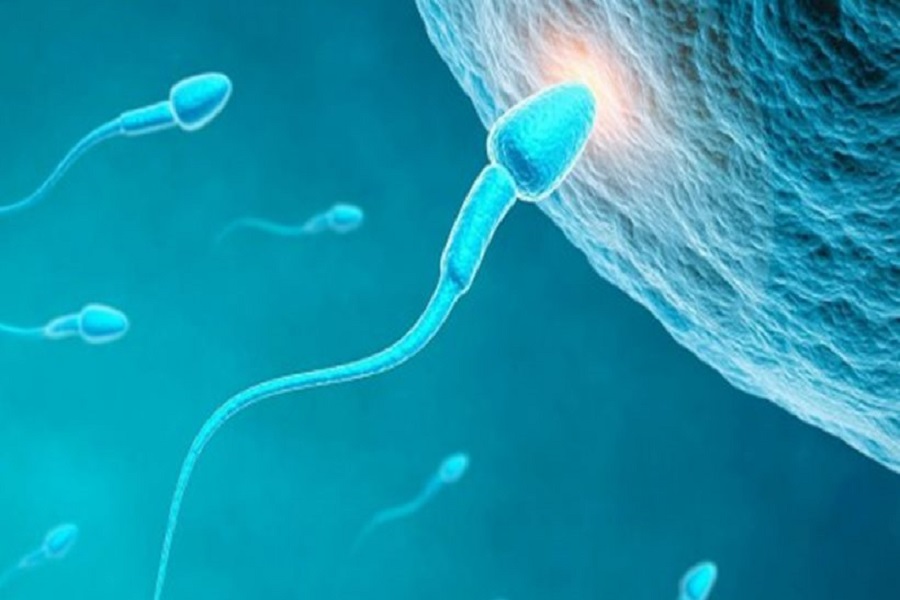News
Pre-implantation Genetic Screening (PGS) is no longer an experimental procedure
Published on: 27/01/2016
 On September 26th and 27th 2015, Virtual Academy of Genetics held its 1st meeting on Controversies in Preconception, Preimplantation and Prenatal Genetic Diagnosis. This meeting gathered together scientists from around the world to inform, discuss and consider many of the questions of our time in relation to genetics and the place of the new technologies in driving the future of medical practice in the field of human reproduction.
On September 26th and 27th 2015, Virtual Academy of Genetics held its 1st meeting on Controversies in Preconception, Preimplantation and Prenatal Genetic Diagnosis. This meeting gathered together scientists from around the world to inform, discuss and consider many of the questions of our time in relation to genetics and the place of the new technologies in driving the future of medical practice in the field of human reproduction.Virtual Academy of Genetics issued a statement on the issue of pre-implantation genetic screening (PGS), of which the most important points are the following ones:
- Chromosome errors (aneuploidy) in human embryos are a major cause of IVF failure, miscarriage, obstetric complications, stillbirth, infertility, and can lead to the birth of affected children.
- Accurate technology for detecting chromosomally-normal (euploid) embryos is now available, it should not be considered "experimental" and, where possible, should be made available for routine practice.
- PGS can reduce the time to a live birth by selecting only euploid embryos, as well as the incidence of miscarriage.
- Transfer of single euploid embryos gives the maximum chance of a live birth whilst minimising the risk of a multiple pregnancy.
- It is good medical practice to avoid the transfer of aneuploid embryos.
- Some patients may have no euploid embryos and therefore no transfers – but many patients prefer to know this at that stage and prepare for a further cycle, or move on rather than wait for failure or possible miscarriage, or the birth of an affected child
- Academy of Genetics pointed out that there is strong evidence that PGS offers certain benefits to patients undergoing IVF (one should note that all IVF cycles have a significant risk of aneuploid embryos, from an average of around 30% in young female patients and also egg donors, up to 90% in women in their early 40s.). By using PGS to screen the chromosome status of the embryo the chance of unnecessarily cryopreserving aneuploid embryos, and transferring aneuploid embryos that will lead to IVF failure or the risk of an abnormal birth is minimised. Additionally, by using such technologies, a high chance of live birth can be achieved by transferring only a single euploid embryo, and studies show singleton births results in an improved obstetric and neonatal outcome. PGS should no longer be considered as an experimental procedure and should be part of the discussion with all patients considering/undergoing IVF treatment. They did underline, however, that this Statement was a position on the current medical science and that they understood and appreciated that in several societies the offering of PGS is not permitted or available.
Source: http://www.ivf-worldwide.com/cogen/general/cogen-s
News
- Published on: 28/06/2016
- Gov. John Bel Edwards has reversed course from his predecessor and agreed to create regulations governing surrogacy births in Louisiana. Read more
- Published on: 18/05/2016
- Experts point out that serious questions are raised regarding the birth of a child by an elderly woman Read more
- Published on: 18/05/2016
- A controversial geneticist, Severino Antinori, who became known for helping women over 60 years old to become pregnant, was arrested for stealing eggs from a patient. Read more






